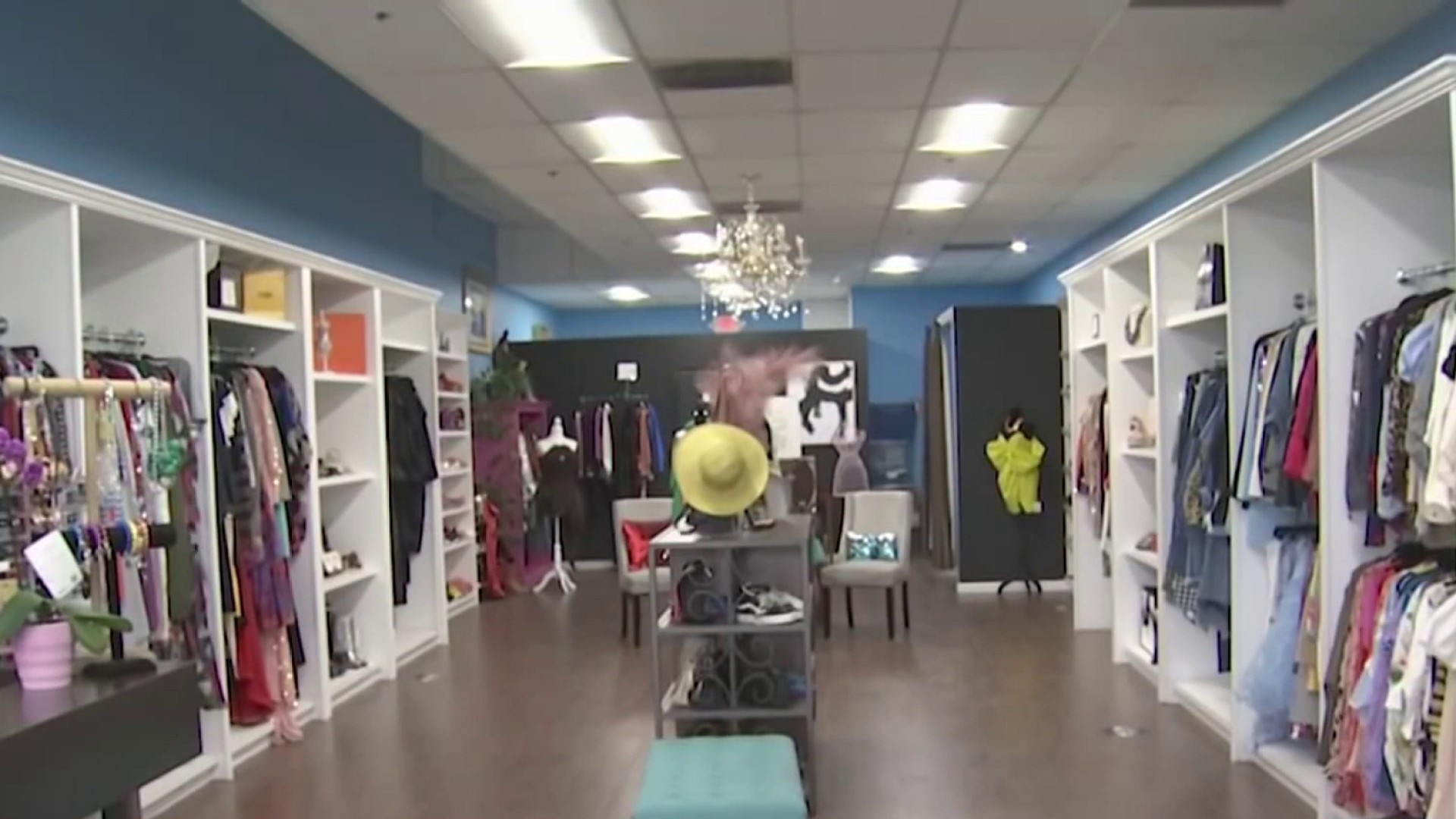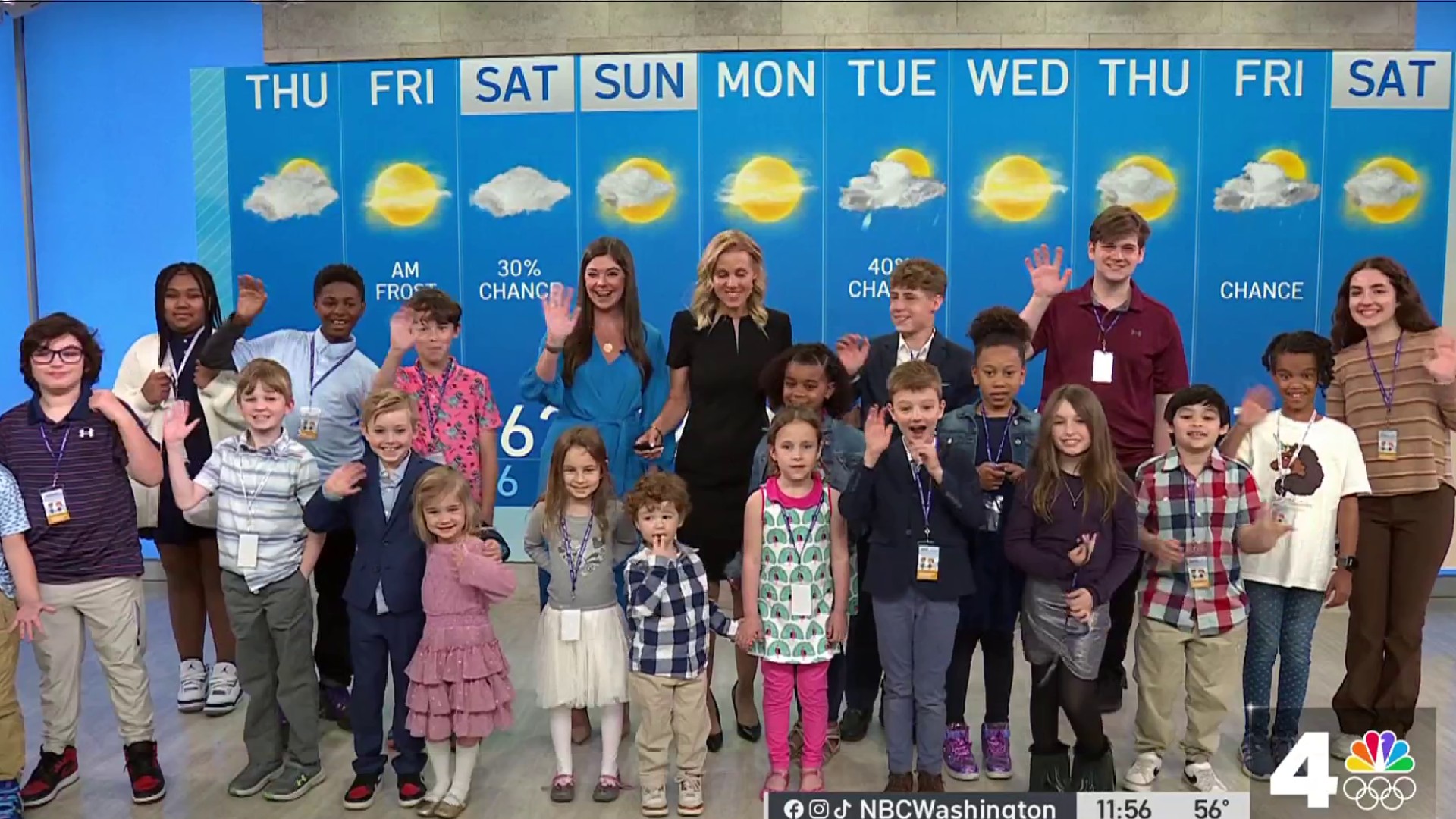Metro's board members seem to be spinning their wheels when it comes to closing the agency's $29 million budget gap, and it appears all options are still on the table -- including fare increases and service cuts.
The Metro board continues to look for ways to close the gap, but board members are unable to agree on using federal stimulus funds to close the deficit.
District board members, led by chairman Jim Graham, had pushed a proposal to use stimulus funds, but most members opposed it in a contentious meeting Thursday.
Using the one-time funds, they said, would push problems into the following year. According to a budget analysis, the jurisdictions would have to raise subsidy payments in fiscal 2011 by an estimated $125 million to $150 million, 23 percent to 28 percent more than current levels.
Members also said postponing the problem could also mean bigger fare increases and deeper service cuts.
The board compromised by agreeing that each jurisdiction would increase its contribution, reduce Metrobus service or use some combination of the two to close its share of the $29 million gap. Cuts could affect only routes in a certain jurisdiction and could not negatively affect other jurisdictions.
Maryland's share is the largest at about $16 million. Fairfax County's share is about $4 million and the District about $5 million.
Local
Washington, D.C., Maryland and Virginia local news, events and information
The board finance committee will meet in two weeks to complete the options for presentation at public hearings next month. Because of the tight deadlines, any service cuts might have to be larger than first expected.
Maryland and Virginia members wanted to seek public comment on a third option, an across-the-board fare and fee increase of up to 10 cents for Metrobus and Metrorail trips and daily parking. An increase of 10 cents would bring in about $35 million in revenue.
"The service we provide is the most critical in the region," said Catherine Hudgins, who represents Virginia. "We have loyal customers, and we should trust the intelligence of customers and let them weigh in on the process."
Jeff McKay, also a Virginia representative, said the board must deal with all options, however unpopular, including service cuts, which he compared to "the elephant in the room."
"As stewards of public money, we have no choice but to be honest with our customers," he said.
But Graham said D.C. would not support a fare increase, even just for discussion. Under Metro rules, fare increases and service cuts must be presented at public hearings, but the board does not have to impose them. Graham argued that Washington riders, particularly bus passengers, would be hit hardest by any fare increases.
Some riders have said they would rather have a fare increase than any service reductions.
"Everything ought to be on the table," said Ben Ross, spokesman for a new riders' group. "If service cuts are on the table, then fare increases should be on the table."
Metro is cutting 313 positions, reducing overtime and controlling other costs to reduce expenses. Some of those moves will affect service, Metro General Manager John B. Catoe Jr. said. Fewer cleaners will pick up trash on the trains. There will be fewer staffers to help with crowd control for special events, and bus supervisors will have heavier workloads, which could affect on-time performance.



